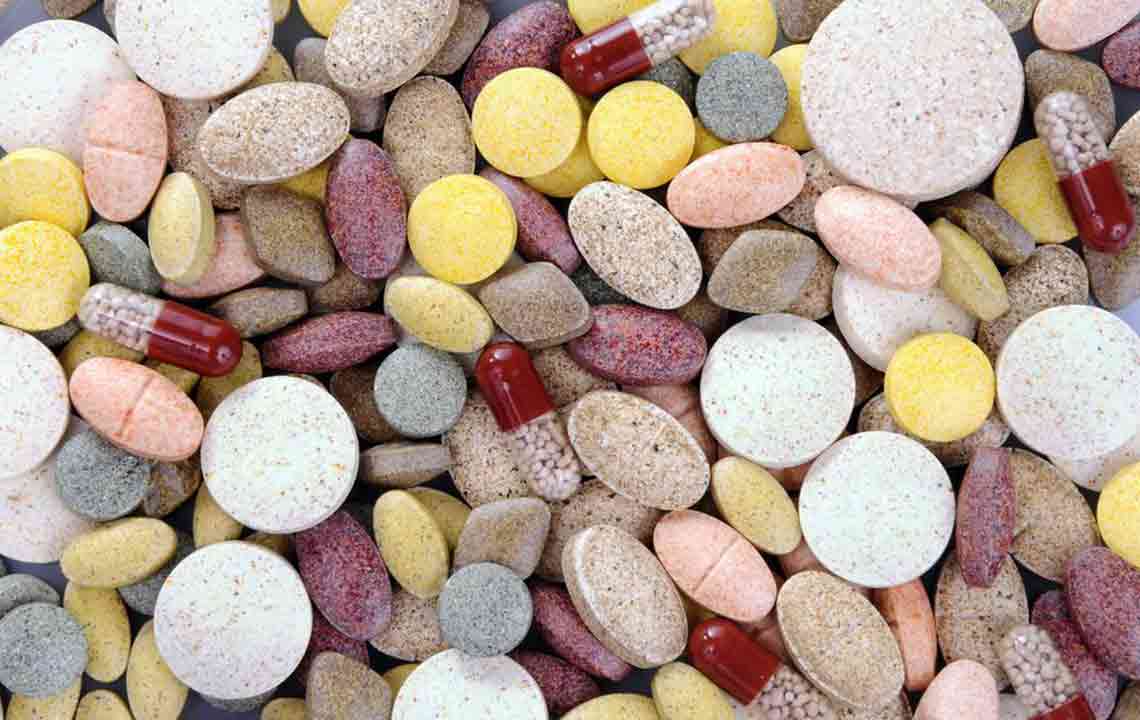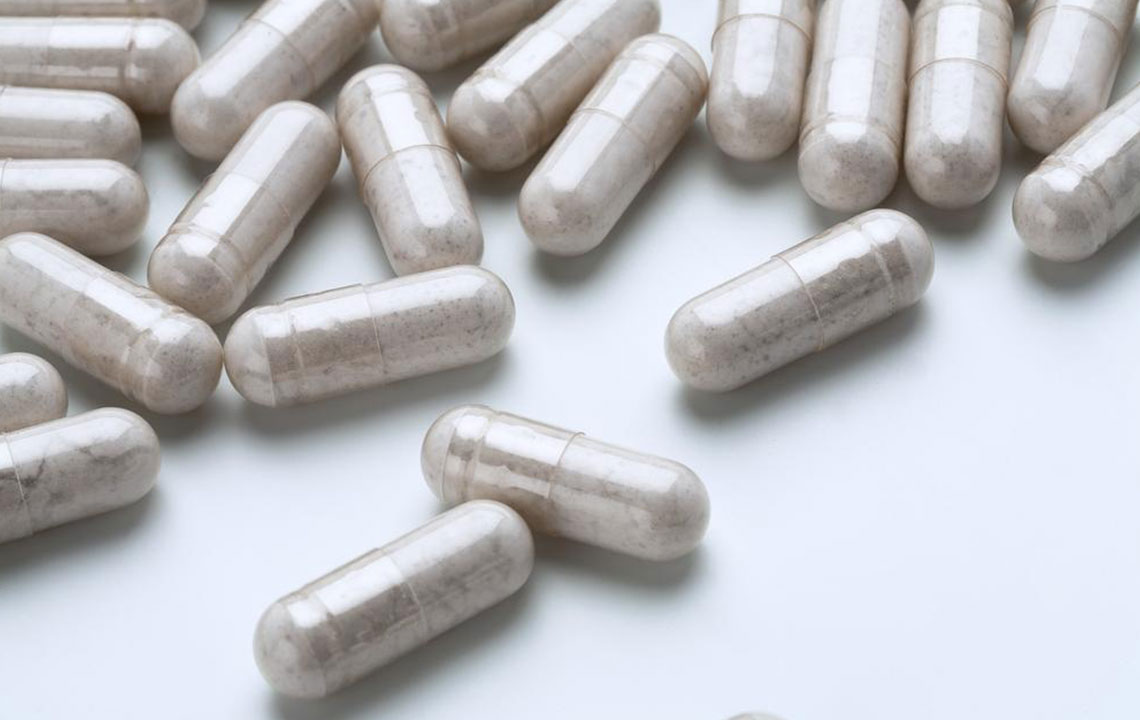Potential Risks and Side Effects of Probiotic Supplements
Probiotics are beneficial supplements for gut health but can cause side effects like bloating, gas, and infections, especially in vulnerable individuals. Using high-quality products and consulting healthcare providers can reduce risks and ensure safety. Proper dosage and hydration are key in managing any adverse reactions, making probiotics a safe addition to a balanced diet when used responsibly.
Sponsored

Probiotics are dietary supplements that add beneficial microorganisms to the digestive system to support immunity, digestion, and overall health. While generally safe when taken in recommended doses, excessive intake may lead to adverse effects.
Administered orally, live probiotics can improve health, but side effects like bloating, gas, and stomach discomfort are possible. In some cases, infections may occur, requiring antibiotics for treatment.
Individuals with underlying health issues may experience unique metabolic reactions or complications. Unbalanced gut pH levels, often influenced by medications or probiotic use, can disturb good and bad bacteria balance, resulting in symptoms like abdominal pain and bowel irregularities.
Typically, side effects diminish after stopping probiotics. To minimize risks, it’s crucial to choose high-quality products and consult a healthcare professional before starting supplementation, especially for pregnant women or those with health conditions.
Low-quality probiotic products may contain contaminants, exacerbating inflammatory conditions or promoting harmful bacteria. Reducing dosage and increasing hydration can help alleviate symptoms such as gas, diarrhea, or skin reactions. Always seek medical advice if adverse effects persist.






